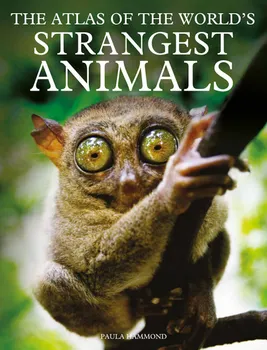Illustrated throughout with outstanding full-colour artwork and detailed photographs, Atlas of the World’s Strangest Animals presents an in-depth look at 44 of the most unusual species. The selection spans a broad spectrum of wildlife, from the tallest land living mammal, the Giraffe, to the light, laughing chorus of Australian kookaburra birds to the intelligence of the Bottlenose dolphin to the slow pace of the three-toed sloth. With chapters devoted to each of the continents and the world’s oceans, a spread is devoted to each animal with a map indicating its geographical distribution. Fact boxes offer fascinating details on the animal’s lifecycle and habitat. Ranging from the world’s oceans to the tropics and including egg-laying mammals, birds, reptiles, amphibians, cannibalistic insects and other invertebrates, Atlas of the World’s Strangest Animals is a fascinating introduction to some of nature’s most curious beasts.

Dinosaurs of the Jurassic World
Paula Hammond
book
Sherlock Holmes Mystery Magazine #34
Arthur Conan Doyle, Josh Pachter, Paula Hammond, Laird Long, O'Neill Curatolo, Kelly A. Harmon, Mark Bruce, David Afsharirad, S. Brent Morris
book
The Atlas of Dinosaurs
Paula Hammond
book
The Atlas of Dangerous Animals
Paula Hammond
book
The Atlas of Endangered Animals
Paula Hammond
book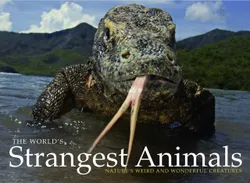
The World's Strangest Animals
Paula Hammond
book
Sharks & Underwater Monsters
Paula Hammond
book
Fantastic Fearsome Beasts
Paula Hammond
book
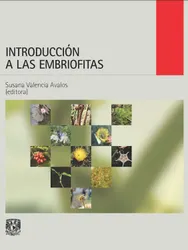
Introducción a las embriofitas
book
Clash of Wings: World War II in the Air
Walter J. Boyne
book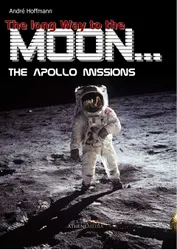
The long Way to the Moon : The Apollo Missions
André Hoffmann
book
Patología vegetal
Ligia Pérez
book
One Giant Leap : The Impossible Mission That Flew Us to the Moon
Charles Fishman
audiobookbook
Química orgánica simplificada
R. Macy
book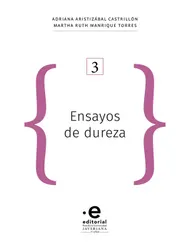
Ensayos de dureza
Adriana Aristizábal Castrillón, Martha Ruth Manrique Torres
book
Solid State Battery
Fouad Sabry
book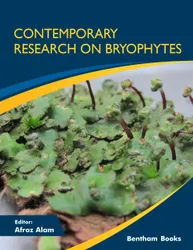
Contemporary Research on Bryophytes
book
Nanomaterials and their Fascinating Attributes
book
Metamaterial
Fouad Sabry
book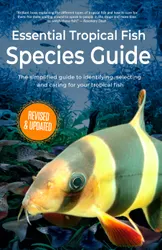
Essential Tropical Fish : Species Guide
Anne Finlay
book
